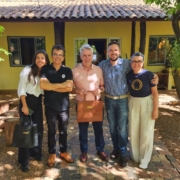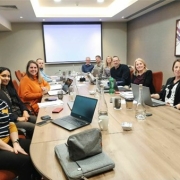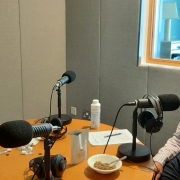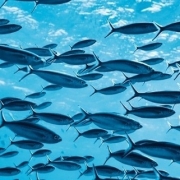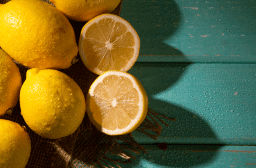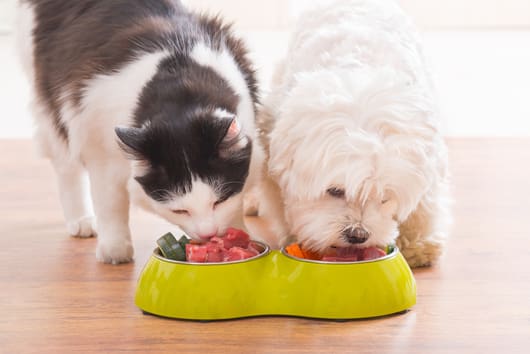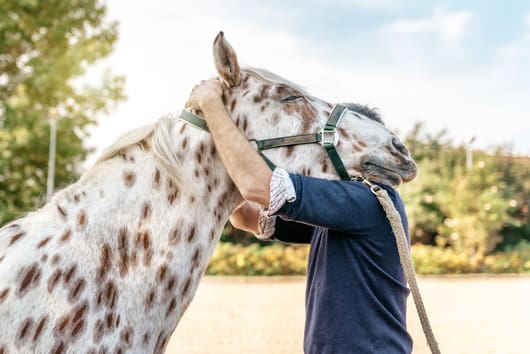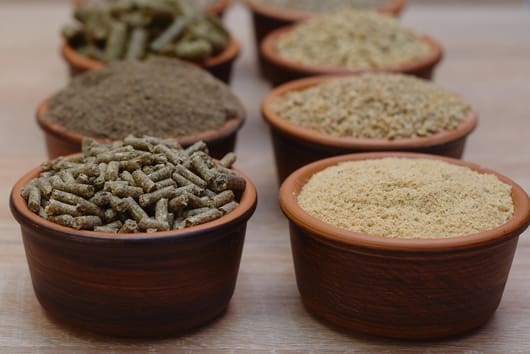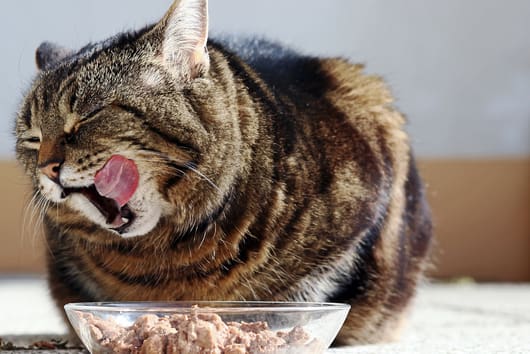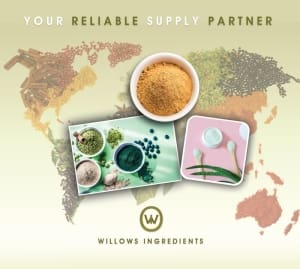Aquaculture – the sustainable choice for collagen production
The New Normal
We have all been looking back lately and I have been thinking about the 1990s and how our attitudes to food & nutrition have changed. Not to mention that we could just travel and plan our holidays, but that’s for another day….
Challenging times to changing times:
The 90s was a pivotal time for nutritional science. Clever people had been saying for decades that whether you eat 1,000 calories from carbohydrate or 1,000 calories from fat or protein, your body will approach the calories in the same way. It took guts for those same clever people to stand up and say they were wrong. But they had that courage and now this is widely accepted, it is (sorry to use this well worn phrase) the ‘new normal’.
In those days there was a lot of focus too on Genetic Modification or “Frankenstein Food” as some of the tabloids dubbed it. People became scared of it and as a result the negatives were focused on.
Scientists were trying to modify certain crops to grow in arid climates AND to contain more protein and better nutrition, which could set us on the road to solving world poverty. The agricultural students did many trials and many times the fields were destroyed by environmentalists. There was also talk of a plastic that could be grown by fermentation and would be fully biodegradable. All disposable plastics could simply be turned into the soil, but that had challenges with environmentalists too. Then and now, perhaps we were missing a much bigger problem. The planet was suffering. We had all heard about the hole in the ozone layer, but for most of us that meant cutting down on hair & body spray.
Horses for Courses? No Thank You
In the intervening years, more and more focus has been on how our food is grown, where is has come from and how it’s produced. Food scares like ‘horse-gate’ no doubt helped propel this to the masses. We want organic fruit and vegetables, we want the meat on our plates to have lived a happy and fulfilling life and we are (some of us) feeling a bit humbled that we have diminished and destroyed big parts of our planet to feed a well-fed population, whilst others still go hungry. I think it has taken a new generation to hammer this home. We are all thinking more about the impact our choices have on our planet. Sustainability we call it. Eat less meat, grow more produce yourself, shop locally and embrace your ‘eco-conscious’. Be a flexitarian. We have primary school children that understand this better than our grandparents because it is becoming the new normal.
Sustainable Food for the People & the Planet
There has been a shift change. A few years ago we went all ‘provenance’ crazy – we wanted to know the variety of the fruit and vegetables we were eating, we wanted the farmer’s name on our packets, farmers stopped farming in favour of the more lucrative farm shops. We wanted eggs. Then we wanted free range eggs. Now we want free range eggs from bantam hens from Home Farm, 5 miles away. We have started eating better quality meat. We demand to know where and how it lived and we will not waste a thing. Nose to tail cookery is back but at the same time, we are looking at better ways to create food and maybe fermentation and growing meat in a lab isn’t as mad as it sounded 20 years ago. We are not there yet.
Plenty More Fish in the Sea?
There was a lot of focus on ‘happy meat’ but fish seemed to get a bit left behind. I think we cared but just not quite as much. Many people who started eating less meat, ate more fish in its place.
We sat up when we realised that we were in real danger of running out of fish. On a planet that is 70% water, we were running out of fish. Think about that. Measures were put in place and the Marine Stewardship Council (MSC) did and continues to do vital work ensuring that wild seafood was more sustainably fished by restricting access and ensuring populations are allowed to breed. But it’s still taking fish from the wild. And these fish are not just there to feed humans. They are important to other marine life too.
Give a man a fish and they will eat for a day – teach a man to fish and they will be fed for a lifetime. Teach a man to farm fish and he can feed the planet forever…
The most sustainable choice is Aquaculture. Fish Farms. Fish that is produced for humans to eat. Not bear food, not shark food. Human food produced by us, for us. For that we need to choose products that have Aquaculture Stewardship Council (MSC) certification.
Fish is a really important part of our diet and it is a low carbon protein. Aquaculture is sustainable and has transformed communities supporting millions of livelihoods. There is very little waste with fish farming, the fillets and flesh go to major food producers and the skins are used to make gelatine and collagen. Collagen is having a bit of a now moment as it is so good for our health and beauty and farmed fish provide an abundance of it and Barney the Bear still gets his fish supper.
The best time to plant a tree was twenty-five years ago. The second best time is now.
– Chinese Proverb
Oh and the picture? That’s not where I am going on holiday – that’s a Vinh Hoan fish farm…….
Willows Ingredients is proud to represent Vinh Hoan, Vietnam. A high quality, sustainable organisation that cares for its fish, its people and the planet.
For further information please contact us [email protected]
